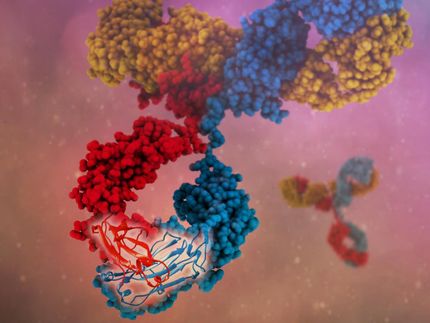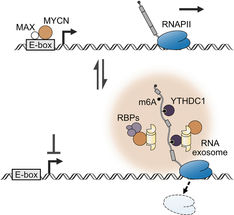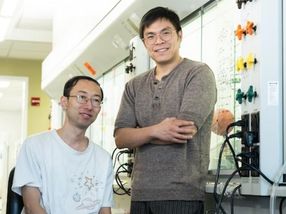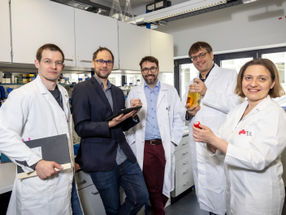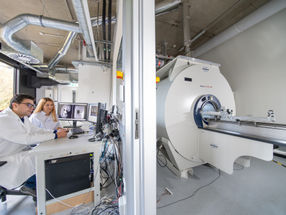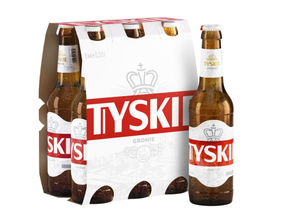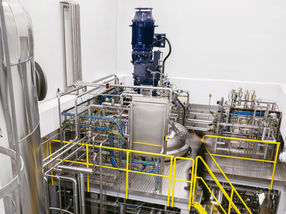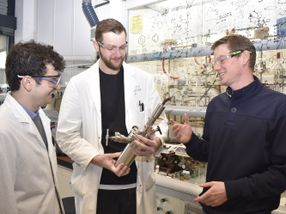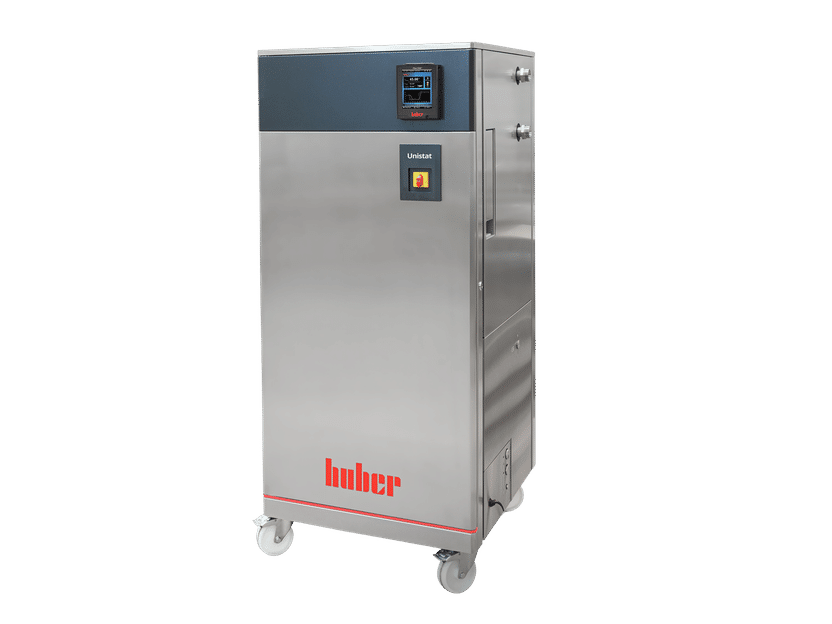Invited Cancer Treatment Review Describes Novel in Situ Cancer Vaccine to Cure Recurrent Cancer
Steps to Clinical Trials are Considered for Generex/Antigen Express Product
Toronto. Generex Biotechnology Corporation , announced the publication of an invited review in Cancer Treatment Reviews. This paper, by Antigen Express scientists and collaborators, describes their preclinical data supporting a novel and patented mechanism to induce presentation of a full spectrum of antigenic epitopes by a tumor to T-helper cells of the patient. Remaining issues to initiating clinical trials with this novel therapy in otherwise poor prognosis patients are outlined.
This invited paper "Turning tumor cells in situ into T-helper cell- stimulating, MHC class II tumor epitope-presenters: immuno-curing and immuno-consolidation" by Gali Hillman, Minzhen Xu, Robert Humphreys and others appears in a prestigious Elsevier science journal. This Journal has an exceptional Journal Impact Factor. That is, its articles are quoted in many papers of others in the following year. Elsevier says "Cancer Treatment Reviews is an international review journal that will keep both the clinician and researcher abreast of modern concepts and developments in cancer treatment research through the publication of state of the art, authoritative reviews."
"This work is the culmination of a career seeking to explain at a molecular level how cancer antigens are protected from or revealed to a patient's immune system," said Dr. Robert Humphreys, Executive Vice President and Chief Scientific Officer of Antigen Express. "Since being the first to isolate human MHC class II molecules and the immunoregulatory Ii protein, while a postdoctoral fellow at Harvard, I have worked hard to define the mechanism by which Ii protein regulates antigen presentation by MHC class II molecules to the immune system. We now have two very strong mechanisms to control that process to treat cancer, autoimmune disease and infections. It is a great satisfaction to begin transferring these discoveries into the clinical setting."
Dr. Humphreys' lab group at the University of Massachusetts Medical School, where he was Professor of Medicine and Pharmacology and interim Chair of Pharmacology, was transformed into Antigen Express, Inc., which was subsequently acquired by Generex Biotechnology for synergies in product development. Dr. Humphreys received BS and PhD degrees in Biochemistry and the MD degree from Yale University. He trained and worked at the US Naval Hospital and the Naval Medical Research Institute in Bethesda Maryland. He was a postdoctoral fellow at Harvard, before joining the faculty at the University of Massachusetts Medical School.
Dr. Humphreys' colleague from the University of Massachusetts Medical School, Minzhen Xu, MD, PhD, Vice President, Biology at Antigen Express, has been responsible for the molecular biological efforts to engineer the gene constructs in plasmid and adenoviral vectors for this clinical product. He has succeeded in creating both mouse and human versions for preclinical studies and clinical trials. Dr. Xu said, "All of us in the lab are pleased with this paper, which presents well the steps in developing and testing these new genetic drugs to cure cancer. This technology is revolutionary in the sense that we bioengineer cancer cells to present their antigenic epitopes directly to T helper lymphocytes. That process improves the speed and power of antigenic stimulation of the T helper cells. In turn, there is a better cytotoxic T lymphocyte and antibody response to the tumor."
The Antigen Express immunotherapy technology induces special receptors for endogenous tumor antigenic peptides, the Major Histocompatibility Complex class II molecules, in the absence of the immunoregulatory Ii protein. Peptides containing antigenic epitopes of the tumor become bound to the MHC Class II molecules a time of their synthesis in the endoplasmic reticulum. Such peptide/MHC class II complexes become presented to T cells at the surface of the cancer cell. Without this novel, bioengineered method such tumor epitopes must be processed by antigen processing cells such as macrophages or dendritic cells in a more complex and indirect mechanism.
Dr. Eric von Hofe, Vice President, Technology Development at Antigen Express said: "This paper reviews the impressive validation of this technology in various animal models, clearing the way for practical clinical application. Our clinical colleagues are considering the use of this for major solid tumors. We are working intensely to address the practicalities of translating this work for clinical application to bring this very promising technology to patients with cancer as rapidly as possible."
"We are pleased with the progress of our scientists to bring this novel technology to clinical application," said Anna Gluskin, Chief Executive Officer of Generex. "We acquired Antigen Express due to the excellence of its scientific team, the controlling patents it obtained on very novel technologies, and its recognition by many National Cancer Institute grant awards. We expect to develop these products in clinical trials, perhaps with a principal pharmaceutical or biotechnology partner."
Ms. Gluskin added, "We are pleased with the synergy of the Generex and Antigen Express technologies. The RapidMist method to deliver transmucosally proteins, peptides and drugs enables certain vaccine and immunotherapy applications of Antigen Express, especially when repeated needle-less, painless, convenient administrations are needed."

